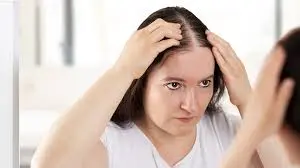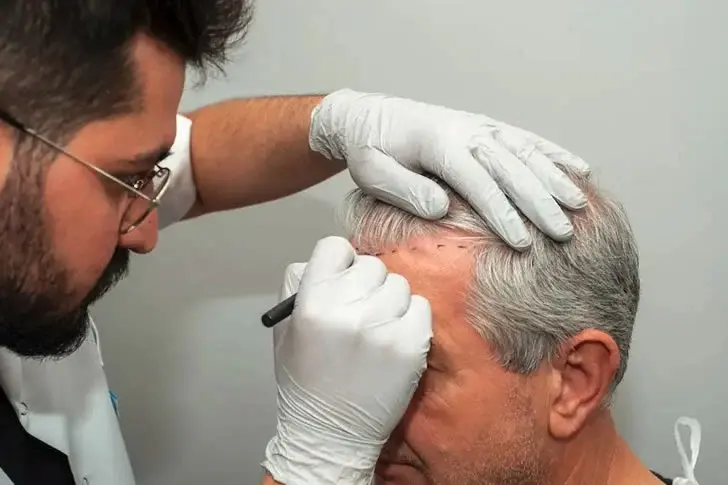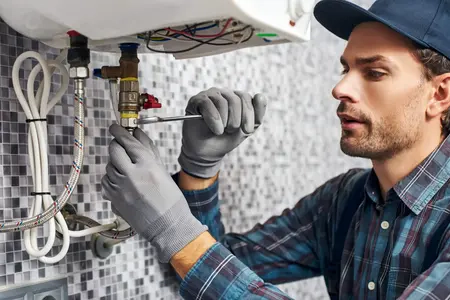
Hair loss is a common concern affecting millions of men and women worldwide. Whether due to genetics, hormonal changes, medical conditions, or lifestyle factors, losing hair can significantly impact one's confidence and self-esteem. Fortunately, there are numerous effective treatments available. Here’s a comprehensive guide to the best hair loss treatments for men and women.
Understanding Hair Loss
Causes of Hair Loss
- Genetics: Hereditary hair loss, known as androgenetic alopecia, is the most common cause.
- Hormonal Changes: Conditions such as pregnancy, menopause, and thyroid issues can lead to hair loss.
- Medical Conditions: Scalp infections, autoimmune diseases like alopecia areata, and other health issues can contribute.
- Medications: Certain drugs, including chemotherapy, can cause hair loss.
- Lifestyle Factors: Stress, poor diet, and lack of proper hair care can also play a role.
Symptoms of Hair Loss
- Thinning Hair: Gradual thinning on top of the head is the most common type.
- Bald Spots: Circular or patchy bald spots.
- Sudden Hair Loss: Sudden loosening of hair, especially due to shock or trauma.
- Full-Body Hair Loss: Medical treatments like chemotherapy can result in hair loss all over the body.
Top Hair Loss Treatments for Men
1. Minoxidil (Rogaine)
- Overview: An over-the-counter topical treatment that stimulates hair growth.
- Key Features:
- Available as a foam or liquid solution.
- Applied directly to the scalp twice a day.
- Suitable for use on the crown of the head.
2. Finasteride (Propecia)
- Overview: A prescription oral medication that reduces hair loss.
- Key Features:
- Inhibits the hormone responsible for shrinking hair follicles.
- Taken once daily.
- Effective for men with mild to moderate hair loss.
3. Hair Transplant Surgery
- Overview: A surgical procedure that moves hair follicles from one part of the body to the thinning or balding areas.
- Key Features:
- Follicular Unit Transplantation (FUT) and Follicular Unit Extraction (FUE) are common techniques.
- Provides a permanent solution to hair loss.
- Requires recovery time and can be costly.
4. Laser Therapy
- Overview: Low-level laser therapy (LLLT) uses light to stimulate hair growth.
- Key Features:
- Non-invasive and painless treatment.
- Can be done at home using laser combs or caps.
- Requires consistent use over several months for best results.
Top Hair Loss Treatments for Women
1. Minoxidil (Rogaine)
- Overview: An FDA-approved treatment for female pattern baldness.
- Key Features:
- Available as a topical solution or foam.
- Applied once daily to the scalp.
- Effective in promoting hair regrowth and slowing hair loss.
2. Spironolactone (Aldactone)
- Overview: A prescription medication that blocks androgens, which can cause hair loss.
- Key Features:
- Taken orally once or twice daily.
- Often used in conjunction with other treatments.
- Suitable for women with hormonal hair loss issues.
3. Hair Transplant Surgery
- Overview: A surgical option for women with severe hair loss.
- Key Features:
- Similar techniques to those used in men, such as FUT and FUE.
- Permanent results but requires recovery time.
- Best for women with stable areas of donor hair.
4. Platelet-Rich Plasma (PRP) Therapy
- Overview: A treatment that uses a concentration of the patient’s own platelets to promote hair growth.
- Key Features:
- Involves drawing blood, processing it to concentrate the platelets, and injecting them into the scalp.
- Non-surgical and has minimal downtime.
- Often used in combination with other treatments.
Lifestyle and Home Remedies
1. Healthy Diet
- Key Features:
- Nutrient-rich diet with vitamins and minerals such as biotin, vitamin D, and iron.
- Incorporate foods like leafy greens, nuts, seeds, and lean proteins.
2. Proper Hair Care
- Key Features:
- Use gentle shampoos and conditioners.
- Avoid excessive heat styling and harsh chemical treatments.
- Regular scalp massages to stimulate blood flow.
3. Stress Management
- Key Features:
- Practice stress-reducing techniques like meditation, yoga, and exercise.
- Ensure adequate sleep and relaxation.
Effective hair loss treatments for men and women range from topical solutions and medications to advanced surgical procedures and lifestyle changes. By understanding the cause of your hair loss and exploring the available options, you can find the right treatment to restore your hair and confidence. Consult with a healthcare professional to determine the best course of action tailored to your specific needs.









